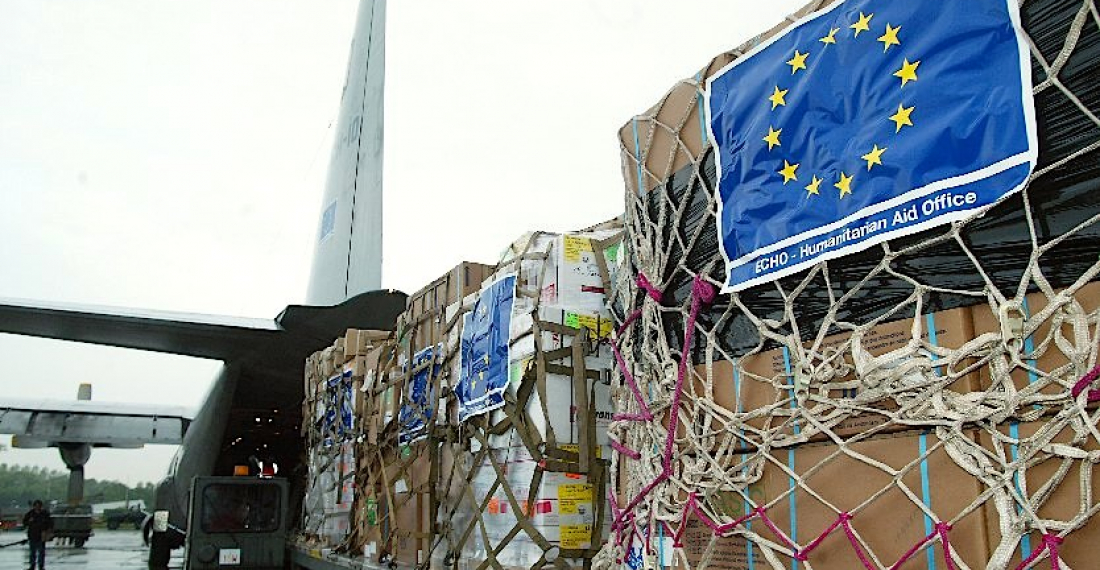The European Council, the body representing the 27 member states of the European Union, on Thursday (20 May) adopted conclusions welcoming the Communication from the Commission to the European Parliament and the Council on the 'EU’s humanitarian action: new challenges, same principles'.
The Council expressed serious concern at what it called the unprecedented scale of humanitarian needs, the shrinking of humanitarian space and the growing funding gap.
It therefore stresses the importance of putting respect for and compliance with international humanitarian law consistently at the heart of the EU’s external action, as well as ensuring the protection of civilians and civilian infrastructure, supporting and promoting principled humanitarian action and safeguarding humanitarian space.
The Council underlined the urgent need to enhance global efforts to significantly increase the resource base for humanitarian action, as well as the importance of delivering humanitarian aid more efficiently with available resources.
You can read the Council conclusions in full here
The Council conclusions highlight the essential co-ordinating role of the United Nations in responding to humanitarian crises, and the need to step up support for local and national actors, recognising their knowledge and experience as frontline responders that are in place before, during and after emergencies.
For this reason, the Council welcomed the European Commission’s intention to organise a European Humanitarian Forum to promote a high level, strategic discussion on humanitarian issues, and sustained dialogue with its key partners from the UN system, international organisations, the International Red Cross and Red Crescent Movement, civil society and other donors.
Finally, the Council affirmed the need for a more consistent and effective implementation and operationalisation of the humanitarian-development-peace nexus approach. It underlines that the different actors involved must work in a co-ordinated way, while fully respecting humanitarian principles in the provision of humanitarian assistance and in full compliance with their respective mandates and objectives.






